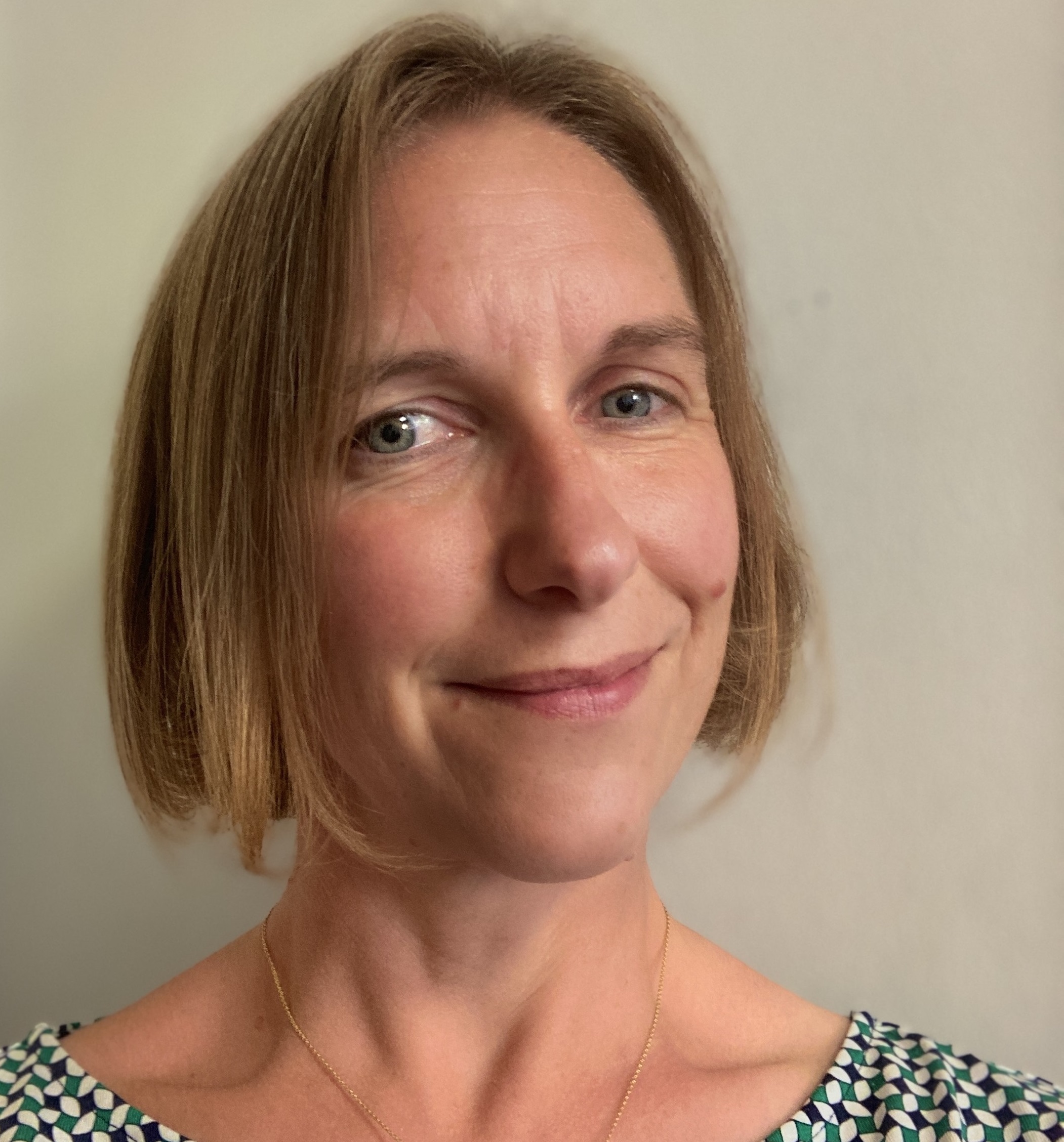
Suzanne Scott is Professor of Health Psychology & Early Cancer Diagnosis at the Centre for Cancer Screening, Prevention and Early Diagnosis, Queen Mary University of London. She is also Visiting Professor of Health Psychology at King’s College London where she previously worked (2006-2022), researching approaches to encourage early diagnosis of cancer and co-ordinating communication skills training for undergraduate dental students. Her training was at University College London (MSc Health Psychology) and King’s College London (PhD in Psychology Applied to Medicine & Dentistry).
Professor Scott is the behavioural science lead on several international collaborations, including an NIHR Global Health Group on timely diagnosis of breast, cervical and colorectal cancer in Sub-Saharan Africa, the CanTest collaborative focusing on cancer diagnostic testing in primary care, and the CanDetect programme on detection of upper gastrointestinal cancer through the development of a multi-cancer early detection platform.
Professor Scott’s expertise is in the application of psychology to early diagnosis of cancer. The main focus of her research is on symptom perception and help-seeking behaviour. This involves using psychological theory to understand why people wait before consulting healthcare professionals, using this to design and evaluate interventions to encourage appropriate and timely healthcare use for symptoms of cancer.
Her work largely focuses on finding opportunities in existing systems to raise cancer awareness and concentrates on individual (one-to-one) interventions rather than mass-media campaigns. For instance, interventions to raise awareness and encourage early presentation of cancer symptoms during visits to the dentist or GP, or adding interventions at the end of the suspected-cancer referral system, when cancer is not found at that time.
When/where do you get your best research ideas?
I find conferences can be helpful when you hear what is being done in other areas, learn about different methods and theoretical approaches, and have time away from your desk to think about what fits with your own research plans. Also in general just taking time with others to think through what our previous research has found, and to consider what this means, what we still don’t know, and what we want to find out.
Which failure(s) changed you the most?
Academia is full of failure! I don’t think there is one particular ‘failure’ that has had a huge impact, but I do think it took time to learn that rejections (whether that be papers, jobs, grants) are not personal but normal and are not a waste of time — we can learn from them and adapt and improve.
What is the best piece of advice (work or life) you’ve been given?
My dear grandad always said that “you only come this way once,” so we should live life to the full and take up opportunities when they arise. I think this applies to work as much as life – join in, have a go, stop if it doesn’t feel right, and work with people you get on with.
What is an event that changed your life?
I grew up in a very small village in North East England and decided to move to London to go to university (despite my biology teacher suggesting I rethink, and warning me that “London is a very long way from home and really expensive”). In my first year, I was plunged into London life, living in student halls in Camden – a total contrast from rural Northumberland – and I loved it. I never moved back (although visit regularly) and I still live in London with my family.
What is your favourite paper that you’ve published in the last 5 years (the one you’re most proud of)?
Can I have two?!
Our very recent publication on risk of cancer after urgent suspected cancer, when cancer is not found. This is the first time this has been investigated, and it highlights potential avenues for prevention and early diagnosis. It involved analyses of a cohort of 1.3 million people — for a Psychologist used working with very small samples for in-depth interviews, this was a whole new world and a great collaborative effort with experts from the National Disease Registration Service at NHS England.
Another paper is one I worked on a few years ago with my colleague Fiona Walter. Brain cancer is often omitted from early diagnosis research – so it felt good to start looking at this neglected area. I’m proud of the application of psychological theory to this analysis – we built on what we knew already rather than starting from scratch.
In the last five years, what have you become better at saying no to (distractions, invitations, etc.)? What new realisations and/or approaches helped?
I used to say yes to every peer review request but I now limit it to a manageable number – I realised I was spending more time on other people’s work than my own.
When you feel overwhelmed or unfocussed, what do you do?
I am a big list maker – at home as well as at work. I write lists of everything I need to do and assign a time for each. I often don’t stick to my own plan, but mapping out my time with specific tasks helps to relieve the pressure: not everything needs to be done today.
.
The views expressed are those of the author. Posting of the blog does not signify that the Cancer Prevention Group endorses those views or opinions.
